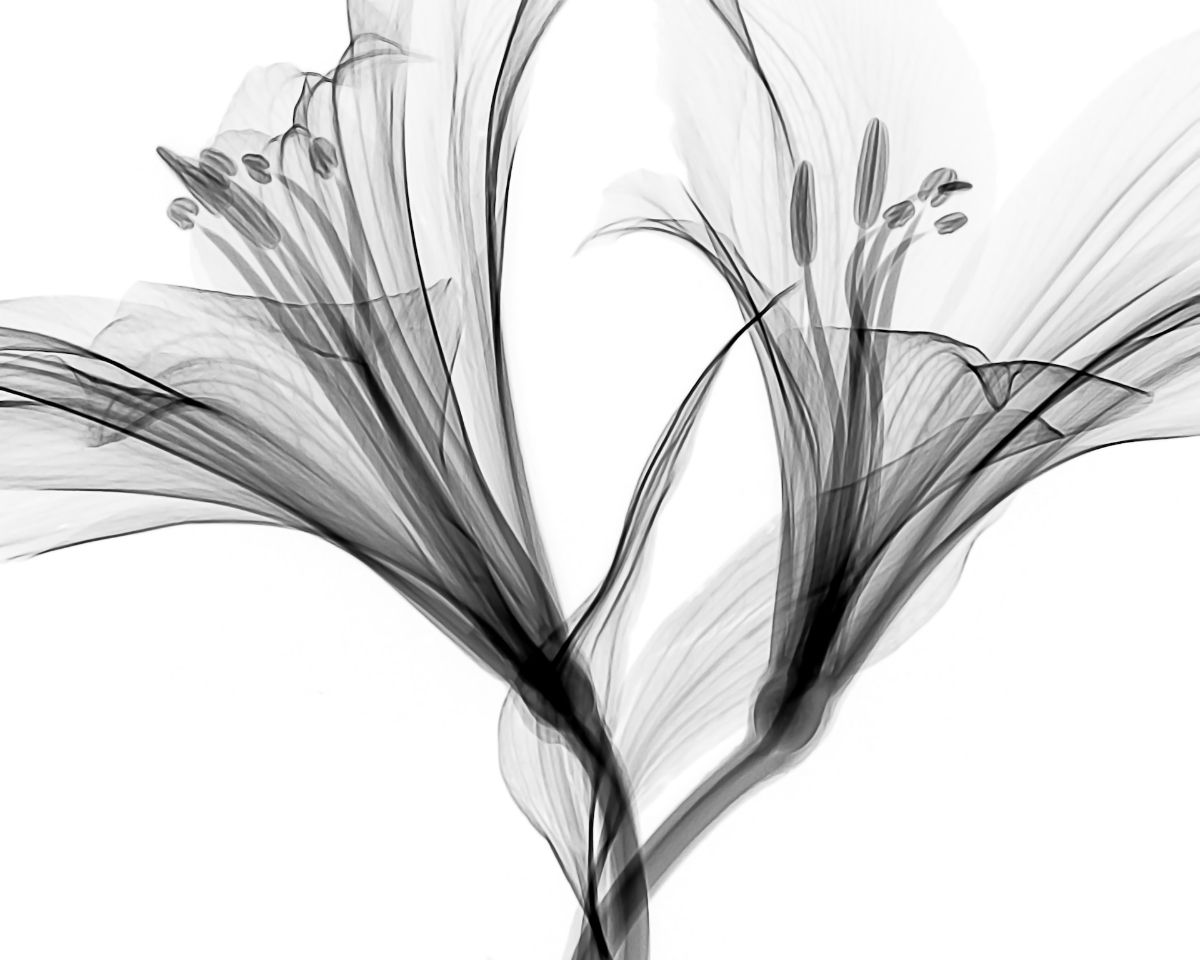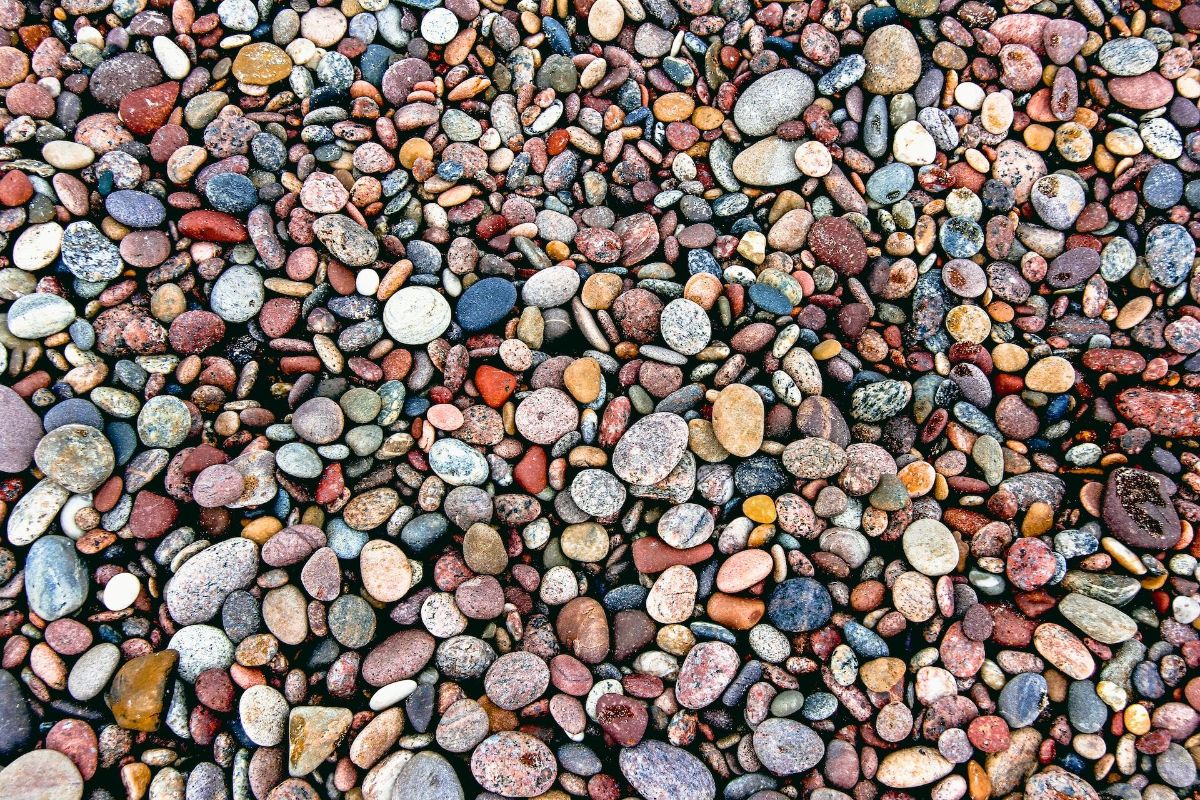
This month we offer premature sleep and small planets.
Next month we stay
UPROOTED
Submission guidelines can be found here.

The Unsatisfactory Suicide Note
Yes the shock and yes the sadness and yes
the shame I felt (not for you, or your family,
but for myself and for the world; a decision
like yours is ultimately not a denunciation
of the individual, but rather an indictment
of the ways we’ve remade the world in our
image, busy collecting toys and trophies
and all too often measuring ourselves
in all the wrong ways), but if I’m honest
it was the note itself that I can’t quite reconcile.
I’d give it an A, for effort and content.
Therein, as they say, lay the rub.
It was too matter-of-fact, like the fact that now
we’re here & then we’re gone. In truth, I’d like
to have seen a little more despair. Unbelievably,
I would have preferred no note at all—and even
though we say someone checking out without telling
us why is the worst thing, I suspect seeing a note
written out so rationally, suggesting forethought
and the result of reflection is…
Unsatisfactory. Perhaps
if we framed some suicides
differently it would aid
the uncomprehending
amongst us, and allow them
to process them less painfully?
(What happened?
He was living with a chronic condition.
Cancer? No.
Lymphoma? No.
Heart ailment? No.
Well, what then?
Depression.)
You lived with this enervation the way a tree
endures while its roots rot it from the inside out;
every day growing and dying while the rain and pain
battle a very impersonal war of attrition. Some try
prayer, others physical fitness and still others dive
deeply into chemicals, particularly the ones advertised
in magazines piled high on tables in waiting rooms.
Most turn further inward, and that’s where the contagion
spreads—where no amount of disinfectant through therapy
or conversation or meds can make a dent because,
to use another lazy metaphor, the ship is taking on water
and hope alone can’t float.
You see, it’s not that Van Gogh died poor and in disgrace.
It’s that he died poor and in disgrace and now he is alive
in ways that would have mattered or made a difference
while he translated nature from the paint within his veins.
That museums and mom and pop retail shops are making
so many millions each successive year like orange clockwork
is the unnatural way of things, like the way we’re trying
to diversify our oceans with enough plastic to choke whales,
or tear down forests and turn them into miniature kingdoms
made of concrete and weed-killer.
So, precisely the way limestone purifies water, disaffection
Corrodes our souls, lulling the more sensitive amongst us
into this premature sleep.
Sean Murphy is the Founding Director of 1455, a non-profit that celebrates storytelling. He has appeared on NPR’s “All Things Considered” and been quoted in USA Today, The New York Times, The Huffington Post, and AdAge. A long-time columnist for PopMatters, his work has also appeared in Salon, The Village Voice, Washington City Paper, The Good Men Project, Sequestrum, Blue Mountain Review, and others. His chapbook, The Blackened Blues, was published by Finishing Line Press in 2021. His second collection of poems, Rhapsodies in Blue was published by Kelsay Books in 2023, and This Kind of Man, his first collection of short fiction, is forthcoming in 2024. He has been nominated four times for the Pushcart Prize, twice for Best of Net, and his book Please Talk about Me When I’m Gone was the winner of Memoir Magazine’s 2022 Memoir Prize. To learn more, and read his published short fiction, poetry, and criticism, please visit seanmurphy.net and @bullmurph.



Menarche
the first month happens
about once a year with blood
all over the plastic chair and I handle it like a champ
discreet and a note to the office and a secret
drawer with a stash of things
then sitting by the lake drawing
a uterus in the sand using stones for eggs
for having a baby but mostly periodically
reminding that insides are building almost magic
like aspens the third week of September
gold at conifer edges growing in groups
called stands. the child asks if I know
they’re interconnected roots, that one large grove
is a single organism cloned and emerging
saplings like bent quaking knees.
my red comes regular after
all these years getting darker, releasing small planets
in globs. the child holds the stone and asks
what it looks like in real life, if the container
that holds us is really shaped like a Y and I say yes,
for yearning and yelling and yet.
Katherine Page is a writer and elementary school teacher living in Leadville, Colorado. Katherine has had works published in Open Minds Quarterly, Awakened Voices Magazine, Beyond Words Quarterly, Evocations Review, Bluestem Magazine, Passengers Journal, and Green Linden Press. She is working on a manuscript about her experiences teaching and learning in public schools. She is a graduate of the 2022-2023 Lighthouse Writers Workshop Poetry Collective.





This month we offer premature sleep and small planets.
Next month we stay
UPROOTED
Submission guidelines can be found here.



The Unsatisfactory Suicide Note
Yes the shock and yes the sadness and yes
the shame I felt (not for you, or your family,
but for myself and for the world; a decision
like yours is ultimately not a denunciation
of the individual, but rather an indictment
of the ways we’ve remade the world in our
image, busy collecting toys and trophies
and all too often measuring ourselves
in all the wrong ways), but if I’m honest
it was the note itself that I can’t quite reconcile.
I’d give it an A, for effort and content.
Therein, as they say, lay the rub.
It was too matter-of-fact, like the fact that now
we’re here & then we’re gone. In truth, I’d like
to have seen a little more despair. Unbelievably,
I would have preferred no note at all—and even
though we say someone checking out without telling
us why is the worst thing, I suspect seeing a note
written out so rationally, suggesting forethought
and the result of reflection is…
Unsatisfactory. Perhaps
if we framed some suicides
differently it would aid
the uncomprehending
amongst us, and allow them
to process them less painfully?
(What happened?
He was living with a chronic condition.
Cancer? No.
Lymphoma? No.
Heart ailment? No.
Well, what then?
Depression.)
You lived with this enervation the way a tree
endures while its roots rot it from the inside out;
every day growing and dying while the rain and pain
battle a very impersonal war of attrition. Some try
prayer, others physical fitness and still others dive
deeply into chemicals, particularly the ones advertised
in magazines piled high on tables in waiting rooms.
Most turn further inward, and that’s where the contagion
spreads—where no amount of disinfectant through therapy
or conversation or meds can make a dent because,
to use another lazy metaphor, the ship is taking on water
and hope alone can’t float.
You see, it’s not that Van Gogh died poor and in disgrace.
It’s that he died poor and in disgrace and now he is alive
in ways that would have mattered or made a difference
while he translated nature from the paint within his veins.
That museums and mom and pop retail shops are making
so many millions each successive year like orange clockwork
is the unnatural way of things, like the way we’re trying
to diversify our oceans with enough plastic to choke whales,
or tear down forests and turn them into miniature kingdoms
made of concrete and weed-killer.
So, precisely the way limestone purifies water, disaffection
Corrodes our souls, lulling the more sensitive amongst us
into this premature sleep.
Sean Murphy is the Founding Director of 1455, a non-profit that celebrates storytelling. He has appeared on NPR’s “All Things Considered” and been quoted in USA Today, The New York Times, The Huffington Post, and AdAge. A long-time columnist for PopMatters, his work has also appeared in Salon, The Village Voice, Washington City Paper, The Good Men Project, Sequestrum, Blue Mountain Review, and others. His chapbook, The Blackened Blues, was published by Finishing Line Press in 2021. His second collection of poems, Rhapsodies in Blue was published by Kelsay Books in 2023, and This Kind of Man, his first collection of short fiction, is forthcoming in 2024. He has been nominated four times for the Pushcart Prize, twice for Best of Net, and his book Please Talk about Me When I’m Gone was the winner of Memoir Magazine’s 2022 Memoir Prize. To learn more, and read his published short fiction, poetry, and criticism, please visit seanmurphy.net and @bullmurph.



Menarche
the first month happens
about once a year with blood
all over the plastic chair and I handle it like a champ
discreet and a note to the office and a secret
drawer with a stash of things
then sitting by the lake drawing
a uterus in the sand using stones for eggs
for having a baby but mostly periodically
reminding that insides are building almost magic
like aspens the third week of September
gold at conifer edges growing in groups
called stands. the child asks if I know
they’re interconnected roots, that one large grove
is a single organism cloned and emerging
saplings like bent quaking knees.
my red comes regular after
all these years getting darker, releasing small planets
in globs. the child holds the stone and asks
what it looks like in real life, if the container
that holds us is really shaped like a Y and I say yes,
for yearning and yelling and yet.
Katherine Page is a writer and elementary school teacher living in Leadville, Colorado. Katherine has had works published in Open Minds Quarterly, Awakened Voices Magazine, Beyond Words Quarterly, Evocations Review, Bluestem Magazine, Passengers Journal, and Green Linden Press. She is working on a manuscript about her experiences teaching and learning in public schools. She is a graduate of the 2022-2023 Lighthouse Writers Workshop Poetry Collective.



Sign up to receive a new issue of Rough Cut Press on the first of each month.
We will never share your contact information without explicit permission.

